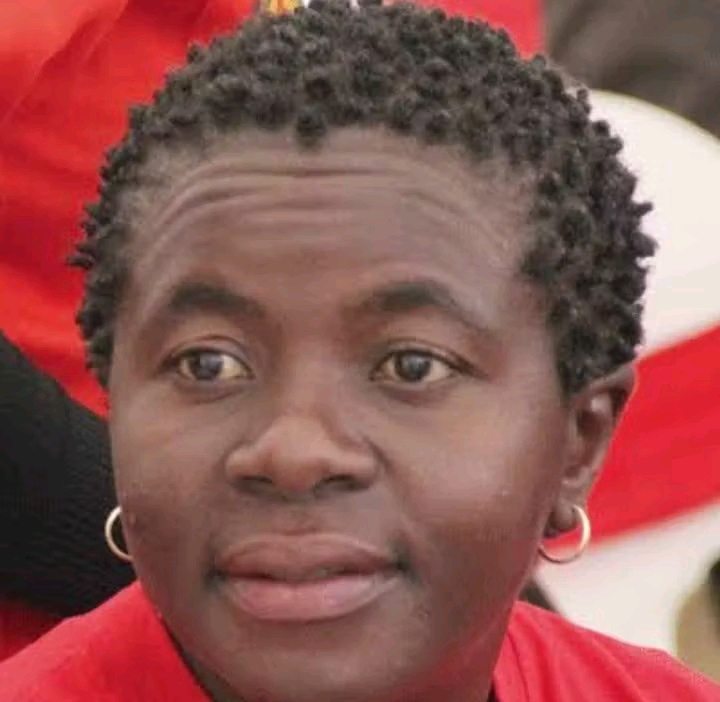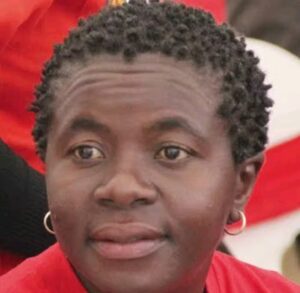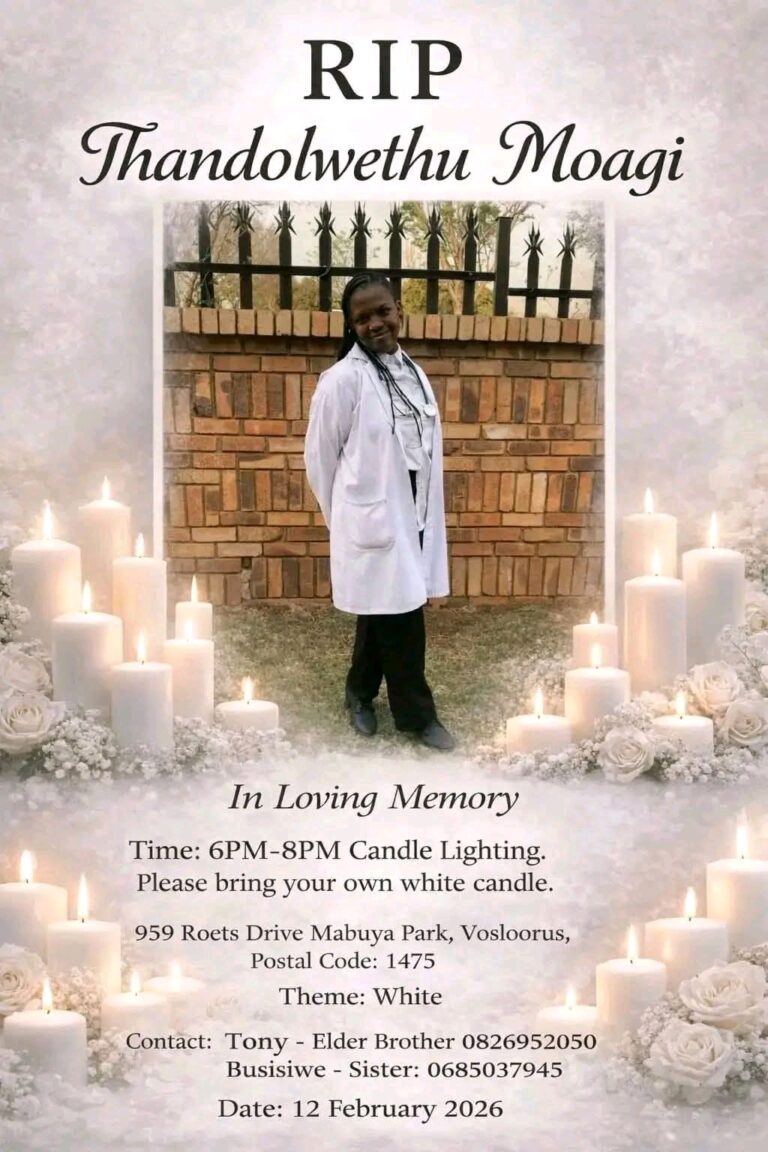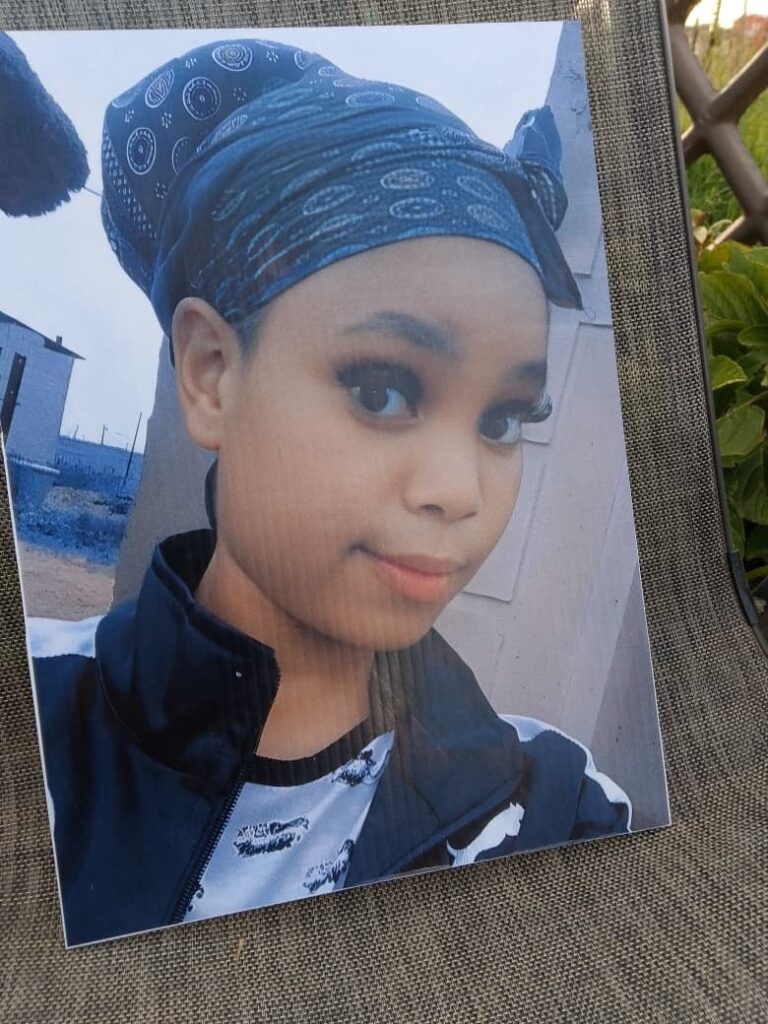
Zimbabwe Human Rights Commission chairperson Jessie Majome has publicly criticised South Africa for what she calls a growing trend of denying healthcare to undocumented Zimbabwean migrants. In a strongly worded interview with *Newzroom Afrika*, Majome reminded South Africans of their shared history, pointing to the support Zimbabwe offered during South Africa’s anti-apartheid liberation struggle.

“During the struggle for South Africa, countries including Zimbabwe hosted South Africans,” Majome stated. Her comments come amid rising tensions over healthcare access for foreign nationals, particularly undocumented Zimbabweans, in South Africa’s public hospitals and clinics.
This criticism follows numerous reports of migrants being denied medical assistance, with activist groups like Operation Dudula at the centre of the controversy. In Gauteng province, the group has been protesting outside public healthcare facilities such as Kalafong Hospital, demanding identification documents from patients and barring those unable to prove legal residency from entering.
Operation Dudula claims its actions are in response to South Africa’s overwhelmed healthcare system and the strain it says is caused by undocumented foreign nationals. However, human rights organisations and legal experts have slammed the group’s actions as unconstitutional, xenophobic, and unlawful.
The South African Constitution explicitly protects the right of all people — regardless of citizenship — to access emergency medical treatment. Section 27 of the Constitution guarantees this right without exception, making any denial of urgent healthcare a direct violation of national law.
In response to growing incidents, the South African Human Rights Commission (SAHRC) released a statement in July 2025 reaffirming that healthcare is a constitutional right. The Commission condemned both the protest actions by groups like Operation Dudula and the broader policy ambiguity that has allowed healthcare workers and institutions to flout legal obligations.
“The ongoing denial of care to undocumented persons is not only morally unacceptable but legally indefensible,” the SAHRC said. Legal action is now underway, with lawsuits being prepared to challenge exclusionary practices in Gauteng and potentially other provinces.
Majome’s appeal was not just legalistic, but deeply humanitarian. “There needs to be an understanding,” she said, “that Zimbabwe was there for South Africans. It is time for South Africa to uphold its values and laws for those who now need help.”
Her remarks underscore a growing diplomatic and ethical divide in the region. While public frustration over migration and strained public services continues to rise in South Africa, critics argue that scapegoating migrants — particularly through healthcare exclusion — risks violating fundamental rights and undermines the country’s democratic values.
As South Africa faces mounting pressure from rights bodies, regional partners, and civil society, the issue has become not just a legal matter, but a test of the nation’s commitment to the principles it once fought for.





